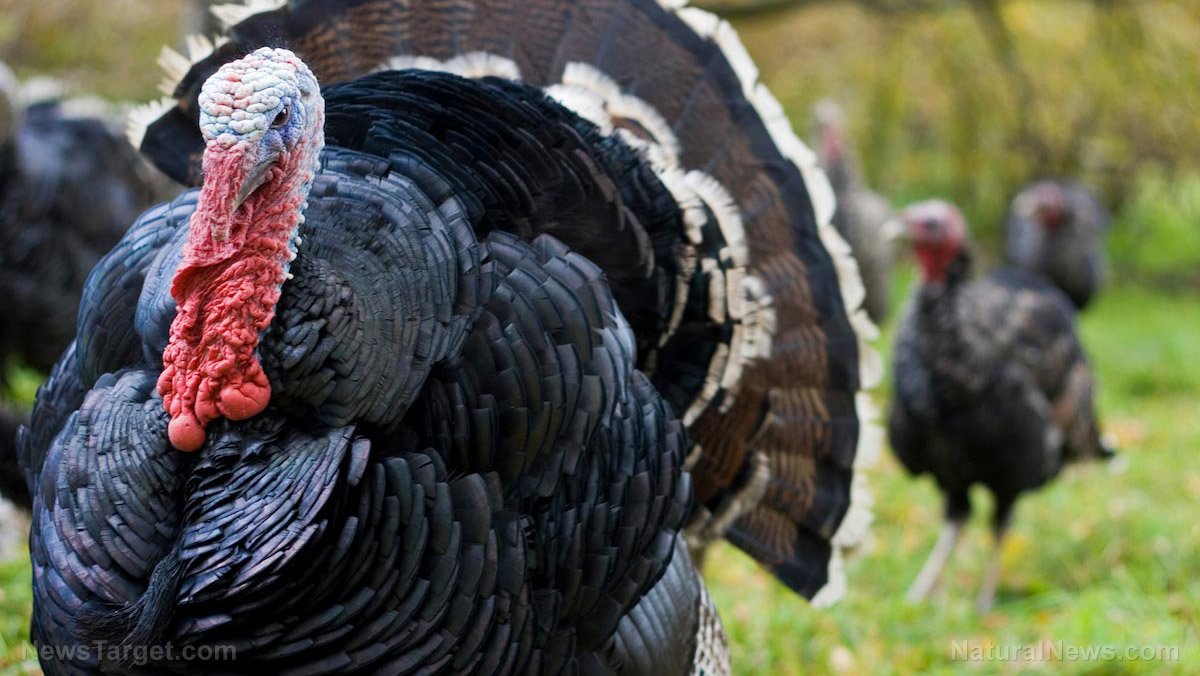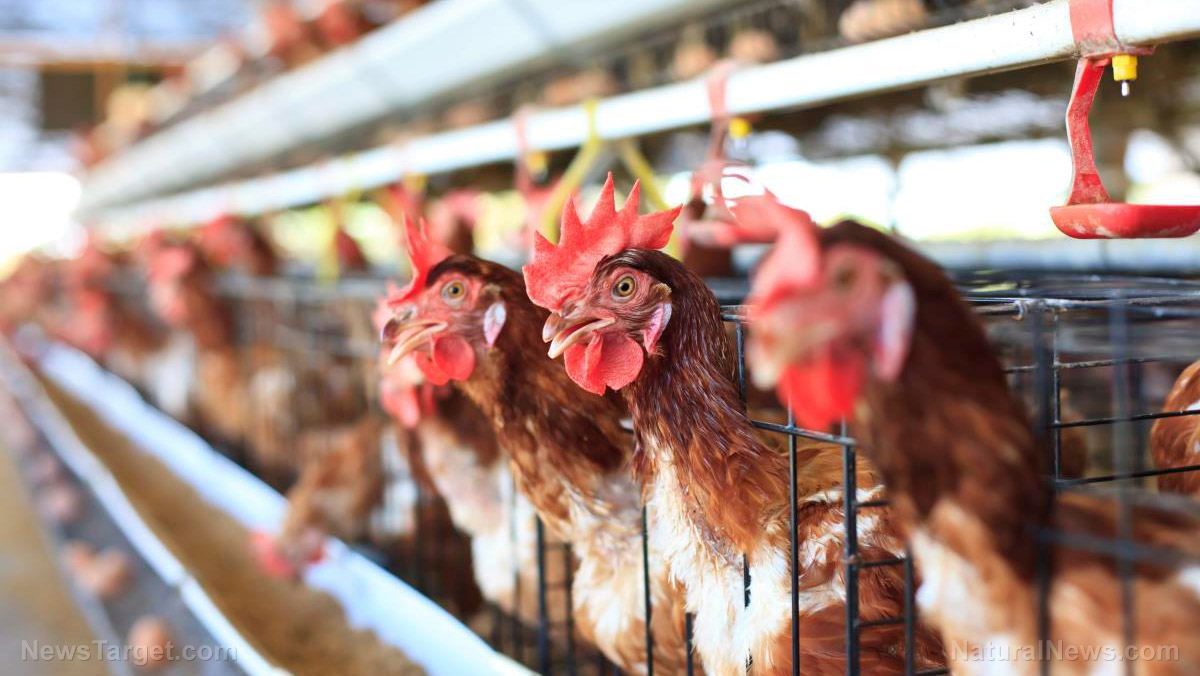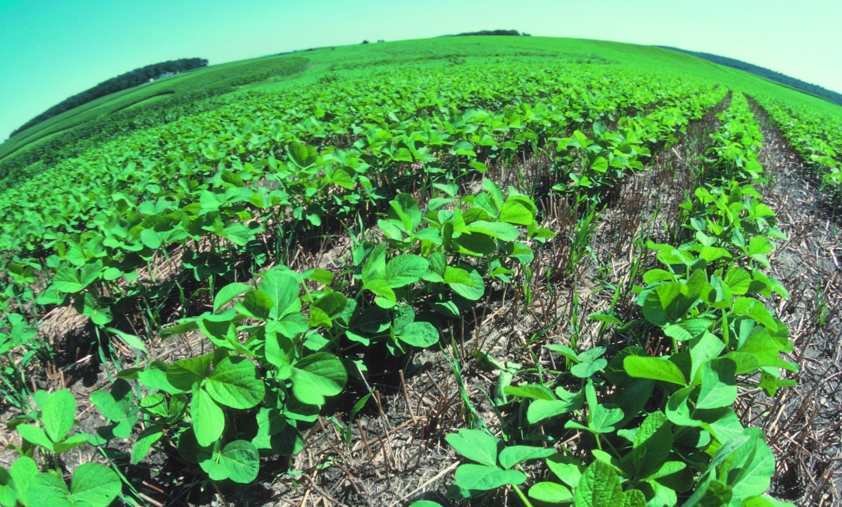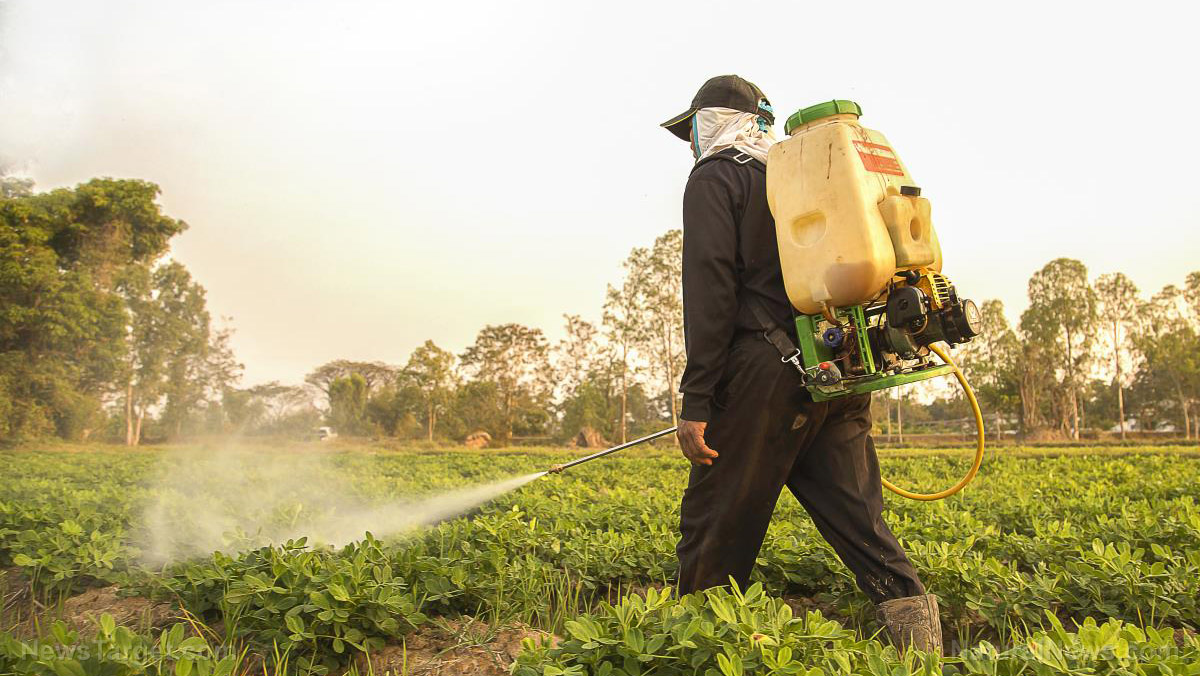How shifting to organic farming could help rural America rebound from economic disaster
06/17/2018 / By Edsel Cook
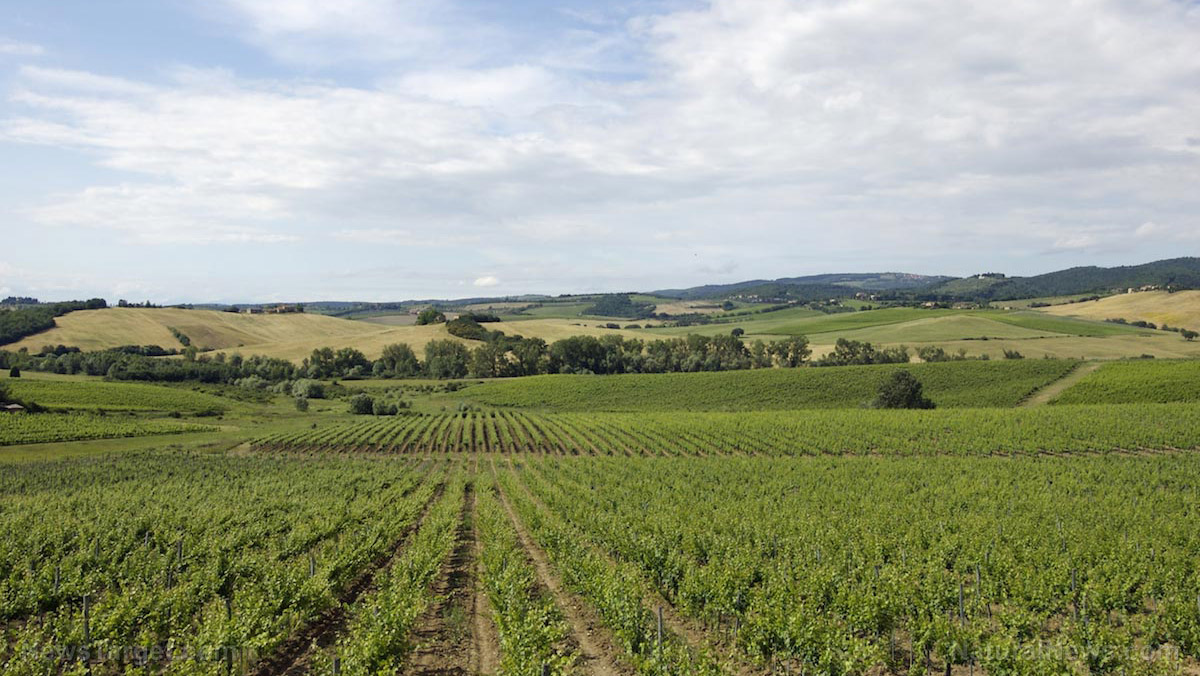
The practice of organic farming is becoming increasingly popular. This industry may very well be the rope that pulls the rural regions of the U.S. out of an economic quagmire, an article in Civil Eats stated.
Organic agriculture is currently worth $47 billion and shows no sign of petering out any time soon. Certified organic farmers can be assured that health-minded customers will pay premiums for their naturally-grown produce.
The main challenge in the Corn Belt is the dearth of organic customers who are near and numerous enough to make the transition worth the trouble. Furthermore, rural regions of states like Iowa are suffering from numerous problems like fewer young families, closure of important facilities, brain drain, and lack of jobs. (Related: Congress is proposing big changes to the National Organic Standards Board – and farmers are raising the alarm.)
New act could encourage more young people to try organic farming
Concerned state politicians are addressing the gap between their state’s rural residents and their urban and suburban equivalents. Several rural counties in Vermont continue to bleed jobs, while others hunger for the WiFi and cell phone coverage that power modern-day businesses.
To this end, congressmen from Vermofarmint and Wisconsin have come up with the Organic Farmers Access Act. This new legislation increases the eligibility of organic farmers for certain rural development programs of the federal government.
The Act will not directly provide funding. But it will put organic producers and processors at the head of the line for rural development grants and loans. Farmers who want to switch to organic methods will get first dibs on such loans.
Groups such as the Organic Trade Association (OTA) played a big role in shaping the Act. They hope it will draw more attention to organic farming in the next farm bill.
The Act will benefit rural states like Vermont, which has hundreds of organic businesses. Organic premiums enable small farmers to compete with Big Agriculture without the need for large acreages.
Furthermore, most organic farmers happen to be young people, the demographic cherished by rural states. Premiums that benefit organic farming will increase the number of young people who will want to try it out.
A 2016 Penn State study supports organic farming as a way to reinvigorate rural America. It reported that counties surrounded by organic business hotspots saw higher median incomes and lower levels of poverty.
The study also added that large numbers of organic producers in a community stimulate the local economy. While most organic hotspots are in urban regions, areas like Rapides Parish in Louisiana have shown that rural areas will benefit from this domino effect.
Private companies are helping farmers transition to organic methods
Private industry is doing its part to keep rural family farms in business. Companies are working on strategies to make organic farming work for more Corn Belt farmers.
Clif Bar is persuading farmers to make the transition to organic agriculture. The organic food and drink producer also provides training and technical support for producers who want better yields or guidance on the organic inputs industry.
Other companies are setting up infrastructure that supports organic businesses. Corn and soy farmers can be persuaded to grow organic crops if there is a nearby grain elevator that will buy such produce.
Pipeline Foods has bought several grain elevators and processing facilities in North America. The startup hopes these structures will encourage conventional farmers to switch over to organic while also helping established producers expand their acreage.
Furthermore, Pipeline Foods is forging links with local banks that are willing to make big investments in the organic sector. The better financial opportunities would encourage more commodity row-crop producers to go organic.
Read about the latest developments in the organics industry at CleanFoodWatch.com.
Sources include:
Tagged Under:


